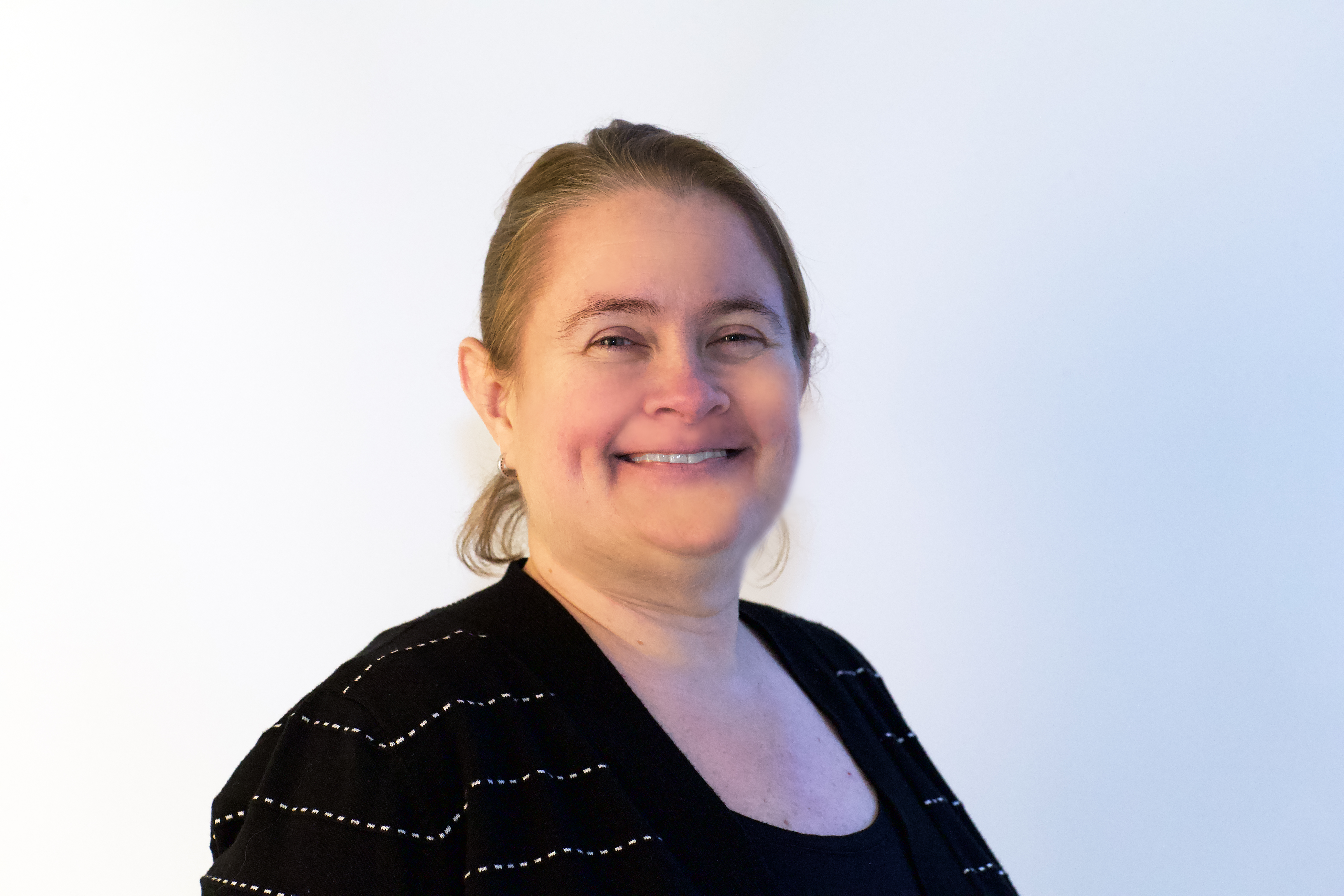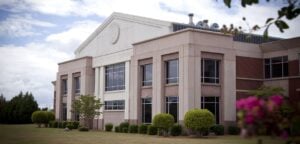Online genealogical websites like AmericanAncestors.org, Ancestry.com, and FamiliySearch.org can be extremely helpful when researching your family tree. But what do you do when your search comes up empty, and you don’t have unlimited resources to travel in-person to your ancestor town? Sending emails, calling, and filling out inquiry forms for town libraries, historical societies, and local clerks’ offices may be the needed extra step in finding your ancestors.
This past month, we released research on Associate Justice Ketanji Brown Jackson’s ancestry, about 50% of which was conducted with “on the ground” help in Georgia. After fully exhausting records online, we had to turn our attention to collections that may only be available at the town and county levels. Georgia did not start civil registrations until 1919, which made it difficult to identify any vital records before that time. By befriending town clerks like Megan in Houston County and Tammy in Ben Hill County, we successfully expanded many generations in Justice Jackson’s ancestry – most dating back to pre-emancipation.
The county clerks in Georgia were especially valuable in identifying marriage and death records that could not be ordered via Georgia Department of Public Health or VitalChek. Our friends in these small counties would send marriage records, and more importantly, death records that listed parents and informants. These small victories allowed us to make the connection to the next generation in 1800s Georgia. If you read my previous blog post about the Brown/Ross family tree, we encountered common surnames like Brown, Anderson, Ross, and Green. So, the help from our Friends at the local level was much appreciated: particularly when trying to figure out which James Anderson was our James Anderson!
In addition to local level clerks, we also reached out to historical societies in Georgia. This technique was beneficial to us because town histories and maps are often housed at these repositories. A historian at the Perry Area Historical Society helped us to locate the exact parcel of land on which Ketanji’s enslaved ancestors worked and lived. Olmstead and Lucy Rutherford, along with their children, were probably enslaved by a Rutherford family in Houston County, Georgia. About 1867, Olmstead, along with several other recently freed people, are listed in a share-cropping work agreement with a John H. Rutherford of Hawkinsville. This detailed work agreement led us to identify the exact land owned by the Rutherford family and we were able to view this land on Google Maps (which today is an empty field).
When contacting repositories and especially, our essential town and county clerks, it’s important to include detailed information. Remember who, what, where, and when:
- Who are you searching for?
- What types of records are helpful to your search?
- Include dates and locations that you can genealogically verify.
Dates and locations are particularly important, because Town and County clerks oversee different record collections for different periods of time. For example, the Massachusetts Registry of Vital Records & Statistics holds all vital records from 1926 to today, while vital records from 1841 to 1925 are maintained by the Massachusetts State Archives.
This type of information should be readily available on Town websites or even the FamilySearch.org Wiki. Knowing which organizations hold which collections helps to determine who you should contact and what collections may be available before you get in touch with a clerk or librarian.
So, when the search comes up empty online – don’t forget to pick up the phone or write an email to those “on the ground.” The helpfulness of others can often lead to incredible discoveries and may help you uncover information that cannot be found online.
Share this:

About Sarah Dery
Sarah Dery has been with American Ancestors since 2017, working closely with the Chief of Research. In her role, Sarah manages the Research & Library Services team, overseeing the day-to-day operations, supporting the researchers and genealogists, and coordinating correspondence with clients. She is always eager to lend a helping hand wherever needed, playing a key role in applying her extensive genealogical knowledge to assist both in-person and virtually. Her expertise and willingness to support others make her an invaluable asset to the American Ancestors team. A graduate of Rhode Island College in Providence, Sarah holds a B.A. in Anthropology and English Literature. Her passion for Anthropology was sparked during her participation in a week-long archaeology dig at James Madison’s Montpelier in Virginia. Sarah’s genealogical expertise is particularly focused on families with roots in Rhode Island, Connecticut, and French-Canada. After a year-long research project focused on Associate Justice Ketanji Brown Jackson's ancestry, Sarah has developed expertise in researching enslaved individuals, particularly in the Southern states. She now contributes her skills to the 10 Million Names project, working toward the goal of recovering the names of the estimated 10 million men, women, and children of African descent who were enslaved in pre- and post-colonial America (specifically, the territory that would become the United States) between the 1500s and 1865.View all posts by Sarah Dery →
